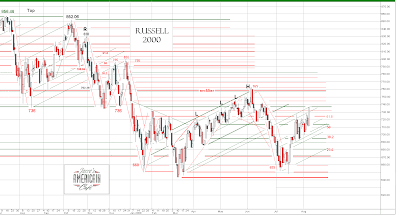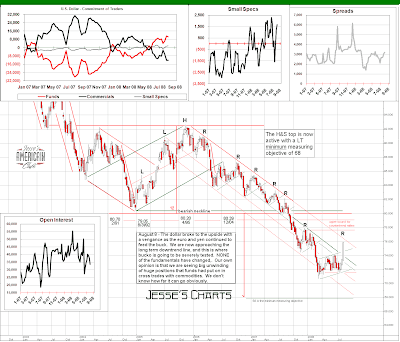Since its August and she-who-must-be-accommodated is on holiday leaving us to fend for ourselves, we don't mind accomplishing the task of illuminating the flaws in the financial system for this weekend not by our own hand but by recommending an excellent essay from The London Banker.
As we have said many times before, (before you started nodding off, or thinking about the Olympics, or most likely just kicks, bangs, and thrills of the bellybutton and below), a new school of economic thought is scheduled to arise from the ashes of the economic conflagration in which are we are presently engaged, three hundred point up days in stock markets to cheer the mob notwithstanding.
The London Banker sets the scope for this new school of economic thought in his essay.
An appetizer and then the link to the repast. Enjoy.
It should be obvious that the financial sector, as intermediaries between savers and productive ventures requiring capital, should never rise to the point where it alone represents over thirty percent of economic activity. Nonetheless, markets all over the world carelessly followed the path of under-production, dis-savings and over-consumption as the path to prosperity rather than a betrayal of capital into hopelessly unproductive works...
Regulatory policies promoting misallocation of capital included elimination of restrictions on bank dealing and brokerage of securities and derivatives, self-determined models-based capital adequacy calculation, ratings-based weightings of capital assets, accounting reforms that permitted off-balance sheet financings and acceptance of ill-transparent corporate structures....
If the core problem leading to the current seizure of the credit markets is the misallocation of credit into unproductive works during the boom years, then no amount of new credit will solve the problem unless the distortions promoting misallocation are redressed through fiscal and regulatory policy changes. Bailouts and recapitalisation of failed policies of the past are only digging a deeper hole, betraying more capital of younger generations into the unproductive works financed by the current generation.
Snake Oil and Deflation by The London Banker





































